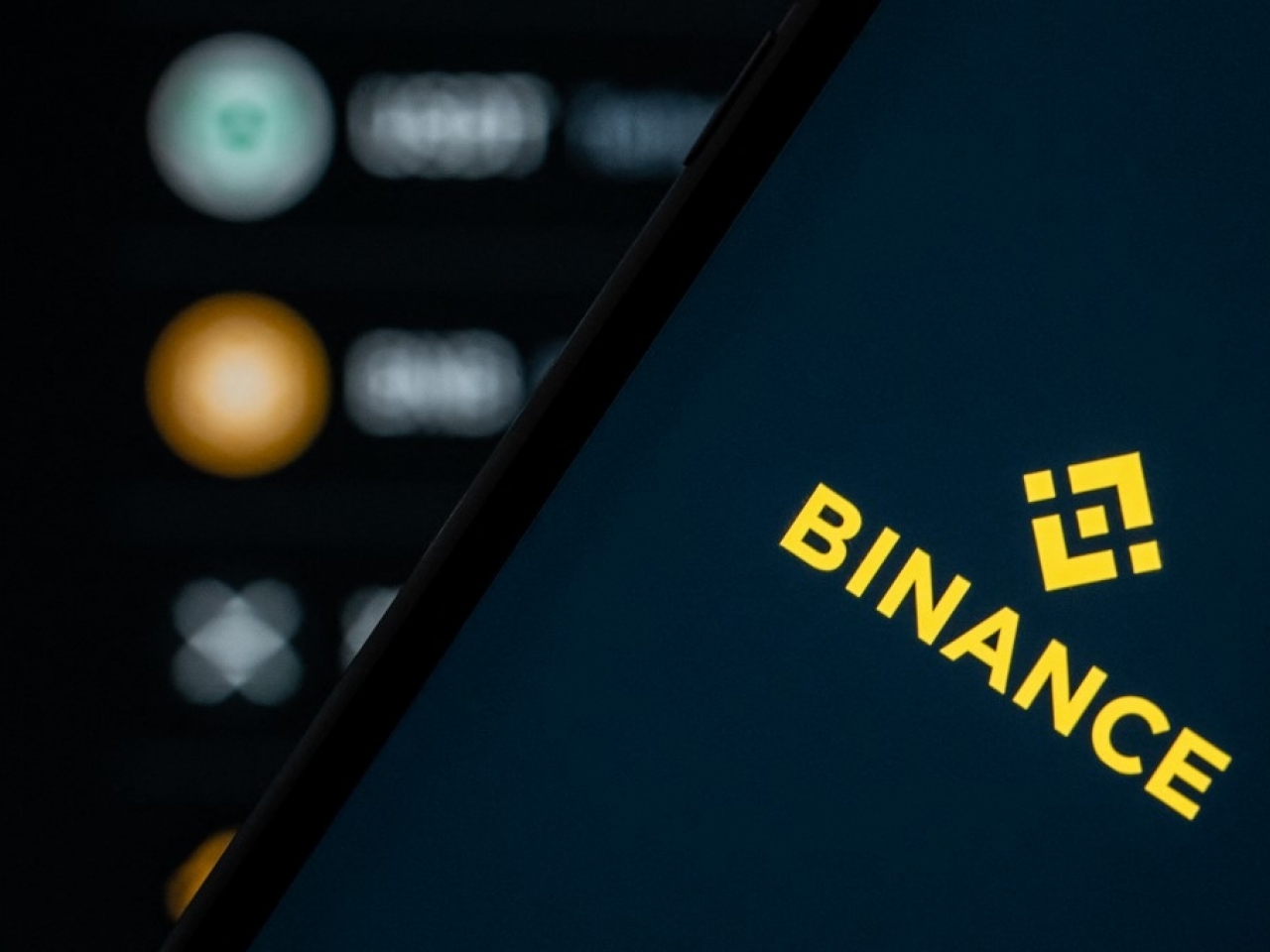If the Indian encryption ban is approved, 40,000 BTCs will enter the market.
Zebpay, once the largest cryptocurrency exchange in India, was forced to migrate overseas in the country last year in the fight against encryption. Zebpay CEO has warned that if India approves the encryption ban, there may be nearly $500 million worth of bitcoin in the market.

Last month, an Indian lawyer who specialized in blockchain leaked a draft bill called “Prohibiting cryptocurrencies and regulating official digital currencies,” which is said to be under review by lawmakers in the country. The document states that “no one may excavate, produce, hold, sell, trade, issue, transfer, dispose or use cryptocurrencies in India.”
Micky, a media-focused media content report, said Zebpay CEO Ajeet Khurana believes that if the bill is passed, it could trigger a big sell-off of 40,000 bitcoins, worth about $460 million.
- Akropolis, the Poca DeFi project: witnessed the collapse of Lehman Brothers, building a new Web 3.0 class financial
- Academic discussion on the practice of the central bank's digital currency DC/EP
- Bitcoin Position Weekly: Does the retail bullish sentiment reach a historical high? Will the truth belong to the majority?
Zebpay accounts for about two-thirds of all cryptocurrency transactions in India. According to Khurana's internal information, he estimates that the total amount of bitcoin in India (normal exchange or wallet) is about 40,000, and the unknown (perhaps 20,000 BTC) is in the black market.
He said that the total value of other cryptocurrencies in India is about 1.5 times that of Bitcoin. If the ban is approved, the selling of these cryptocurrencies will also affect the market. A sell-off may occur in a few months, which may reduce its impact on BTC prices.
"So, if this happens, these cryptocurrencies will enter the market in batches within 90 days. In terms of quantity, it may not have a significant impact on market prices. But it may inhibit market sentiment. However, I think the market has the ability to absorb thousands of BTCs per day without slippage."
According to Khurana, the leaked bill may take several years to formally pass. However, he believes that India will eventually accept bitcoin and cryptocurrency.
“From all the previous innovations that have taken place in the financial industry or the technology industry, I found that India eventually became quite liberal and free. The government did not intend to ban it. Instead, the government regulated it in a manner similar to bank supervision. Maybe it's a lighter way of supervision, but it will still follow these directions."
We will continue to update Blocking; if you have any questions or suggestions, please contact us!
Was this article helpful?
93 out of 132 found this helpful
Related articles
- Why do you believe that Bitcoin is worth nothing, no matter how you say it?
- 15 countries will jointly develop global digital currency monitoring system with international organization FATF
- Technical point of view | Changan Wanglou? This is just the tip of the ancient Chinese cryptography application.
- The market temporarily stabilized and rebounded, and the volatility continued.
- Data Analysis: Demystifying the Real Status of DeFi Lending Products
- Investing $500 million is still not stimulating waves? Twitter users expect XRP to reach $1 this year, or expect to hit $5
- Google Privacy Intersection and Technical Analysis 1 – Application Scenario Analysis




